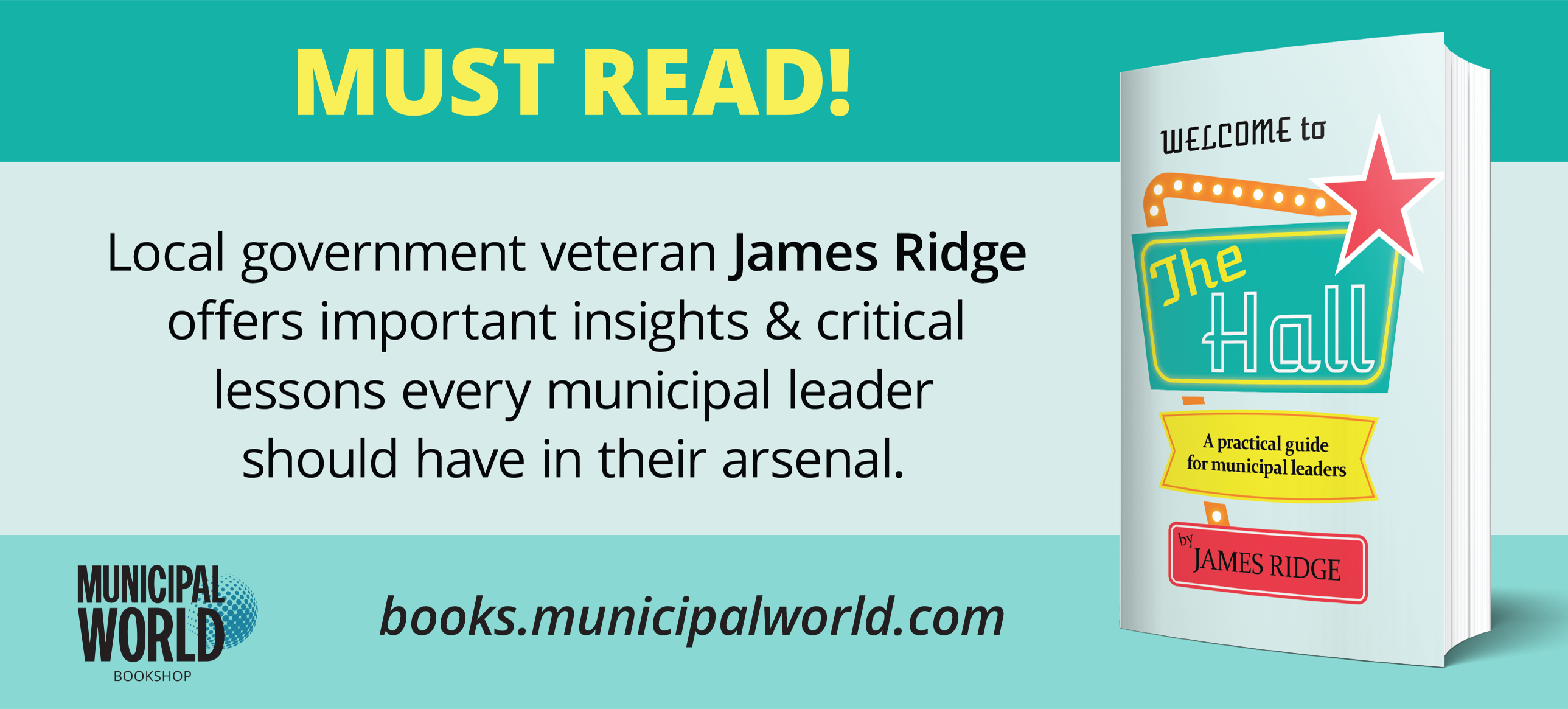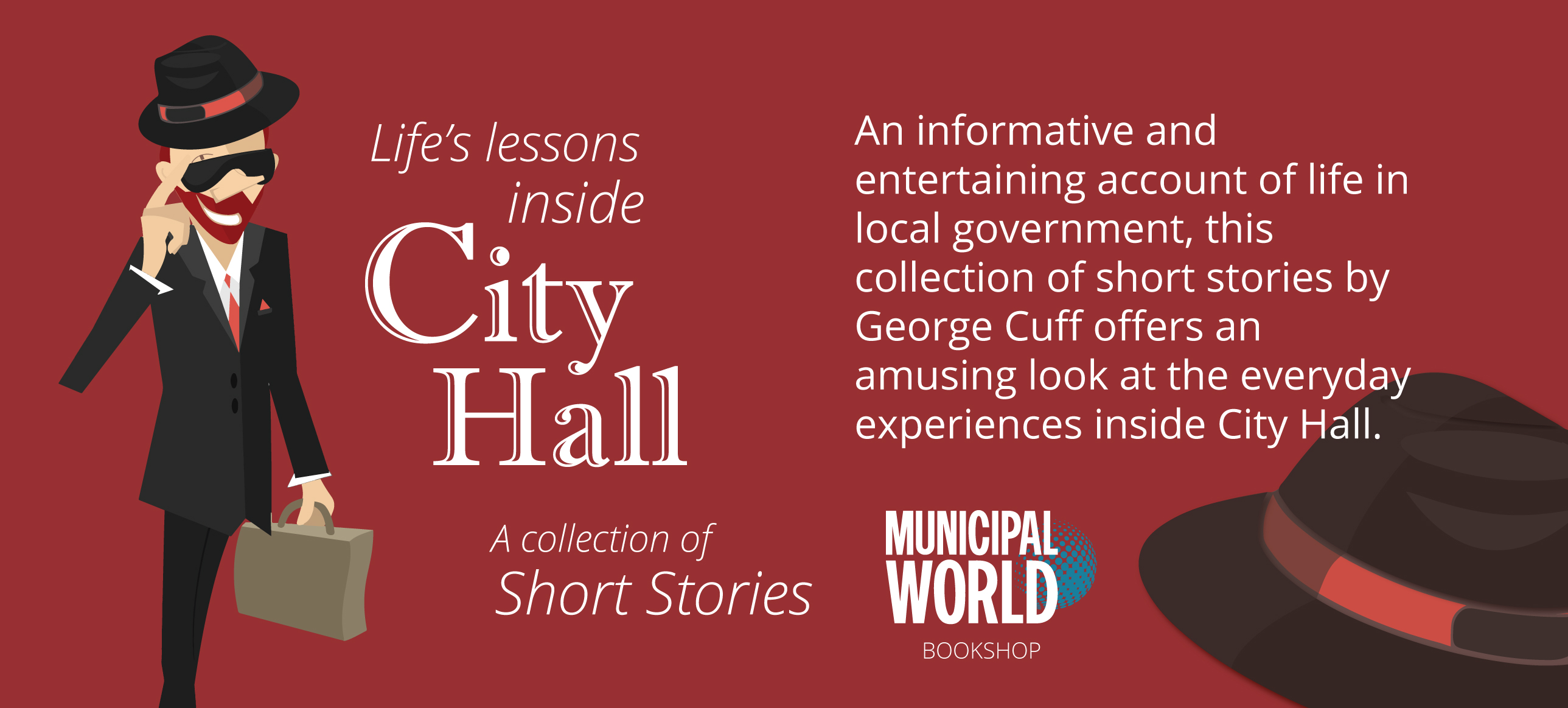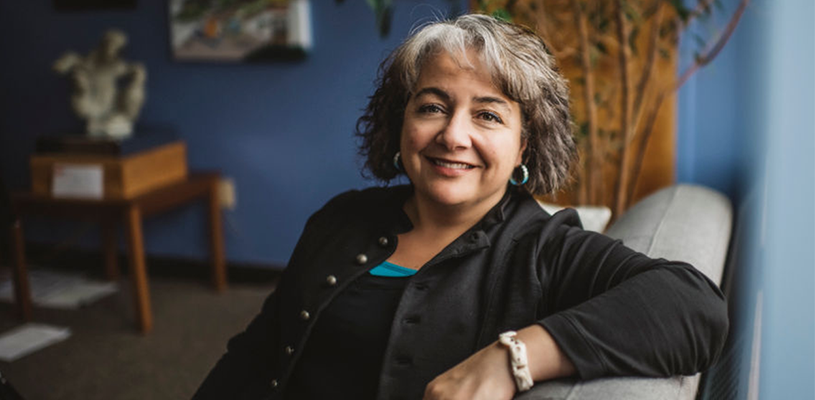The blessings of being connected

I was anything but a nerd at school and university. Rather, I was most likely to be found standing at one end of the corridor hassling the young ladies as they walked by, or trying to look strong as the self-appointed bouncer at the school dance, or trying to win friends by being the middle distance runner or boxer. My behind-the-scenes life was different. I attended church regularly because if I did not, I would have lived elsewhere! I also hung around with the worst “gang” in the west end and was constantly in danger of being too close to the action when the constabulary arrived.
University changed my style through necessity. I understood that I needed to go; I took out a student loan for at least a portion of my costs, and I had a young family who expected that eventually I might graduate (or as my father would have said, “make something of yourself”).
Seeing the Need
Early on, I saw the need to be connected. I collected business cards (still do) and I filed those in some early form of Rolodex which, over time, has morphed into an email list. While not fixated on this, I think I gained a measure of personal importance through believing that I was somehow connected to all these important folks. While recognizing I was but a lowly student, I seemed to figure out that I could contact these people in my search for a work position because they would remember having met me! This was not true of course, but how was I to know?
Once I made it to the steps of university, I did not take long to figure out that who you knew was going to be helpful. I had the advantage of being three years out of high school, which had at least partially tempered my self-focus and had begun to mature me. Almost immediately, I jumped into university politics and gained a spot on the faculty students’ group and eventually elevated to president. This lofty position netted me exposure to the “rich and famous” through meetings and conference attendance and I began to become linked before the expression gained a popular foothold.
Frequent Opportunities
The application of my “world of experiences” was embedded in my character early on. Within three years of leaving university, I was running for mayor of my own community! I needed every person’s vote and that meant connecting on more than a superficial manner. I relied on the many friends and colleagues made in the college and university years to help and support this rather audacious venture. I was indebted to them and still count many as friends.
Every councillor and mayor is invited (and frequently attends) annual or regional conferences of various organizations which have some affiliation to the council (e.g., a provincial recreation and parks association). These events generally last two to three days and provide numerous opportunities for social networking and the exchange of ideas. For some, it is an opportunity to get to know members of their own councils better in a more social environment. Such events are often very useful if the time is used for relationship building and not for gossiping or undermining.
Becoming connected is not just a matter of attendance at such events. If the council member has been elected in spite of a personality deficit, none of the above will apply or be seen as a blessing. Such people come and go and seldom register any mark on the event outside of the per diem requests submitted to the local municipality upon their return. Any networking is deemed to be the role of the mayor and its value even then is considered debatable. Trying to explain the intangible benefit of getting to know your neighbours more than superficially is a hard sell when the audience does not even see the need locally.
Politics is Personal
It seems apparent to me that all of us are wired to help those we know. We become acquainted through an election and we make friends through common meeting attendance and social connections. While we get to know a lot of faces through a term of being elected, nothing requires us to do more than sit at the same table and discuss the same issues. We may argue or agree, submit an idea or sit on our hands, vote and perhaps walk away. Many can participate without connecting. They fail to see a common cause or someone behind the face who has few friends and even fewer that they trust. I met a ton of folks; I still do. I follow up with a call; I offer advice on personal and corporate matters. I have acted as a coach and a confidant. I know, as a result of my life’s work, that we need more than an audience; we need friendships we can trust.
When I began as a consultant, we were trained in how to connect through listening intently to what the client was really saying. We were counselled on how to get past the buzz words and zero in on the important aspects. What was at the crux of their situation? What type of advice did they really need? I soon realized, as more than one person has argued, that people seldom care how much you know: they care how much you care. Thus it is in politics. If you want to make inroads with a neighbouring municipality on working collectively on a joint project, connect first. Have a coffee, not a meeting. Find out something about the other mayor or councillor. Travel together to the next conference or regional meeting. Publicly support one of their ideas. And then, discuss history. Where have the two municipalities intersected before? You will be far more likely to land on common ground if you have taken the time to find out what roads have already been traveled. Connect.
A Footnote
I wrote this before the COVID-19 pandemic. It seems ironic now and may feel out of place. It is not. All of us will see the need to connect more than ever as we come face to face with the significance of meaningful relationships. This is something which may have escaped us in our busy lives, which too often have been focused on the unimportant. Our families are core to who we are; our neighbours are our personal “mission” field; our rock-solid community is actually quite fragile and is balanced on a host of interdependencies. At its essence, all politics is local and personal. MW
✯ Municipal World Insider and Executive Members: You might also be interested in Jennifer Ladouceur’s article: 10 tips for building your municipal career. Note that you can now access the complete collection of past articles (and more) from your membership dashboard.
George B. Cuff, FCMC, our governance zone expert, has been involved in local government in one way or another since 1970. He has been a recreation and youth specialist, a department head, a mayor for 12 years, and a consultant/advisor to municipalities since 1976. He is the author of eight books on local government policy governance. His latest book is Leading: The Real Value of a Mayor and Council and he has also written hundreds of articles and columns in Municipal World since 1984.
Related resource materials:



